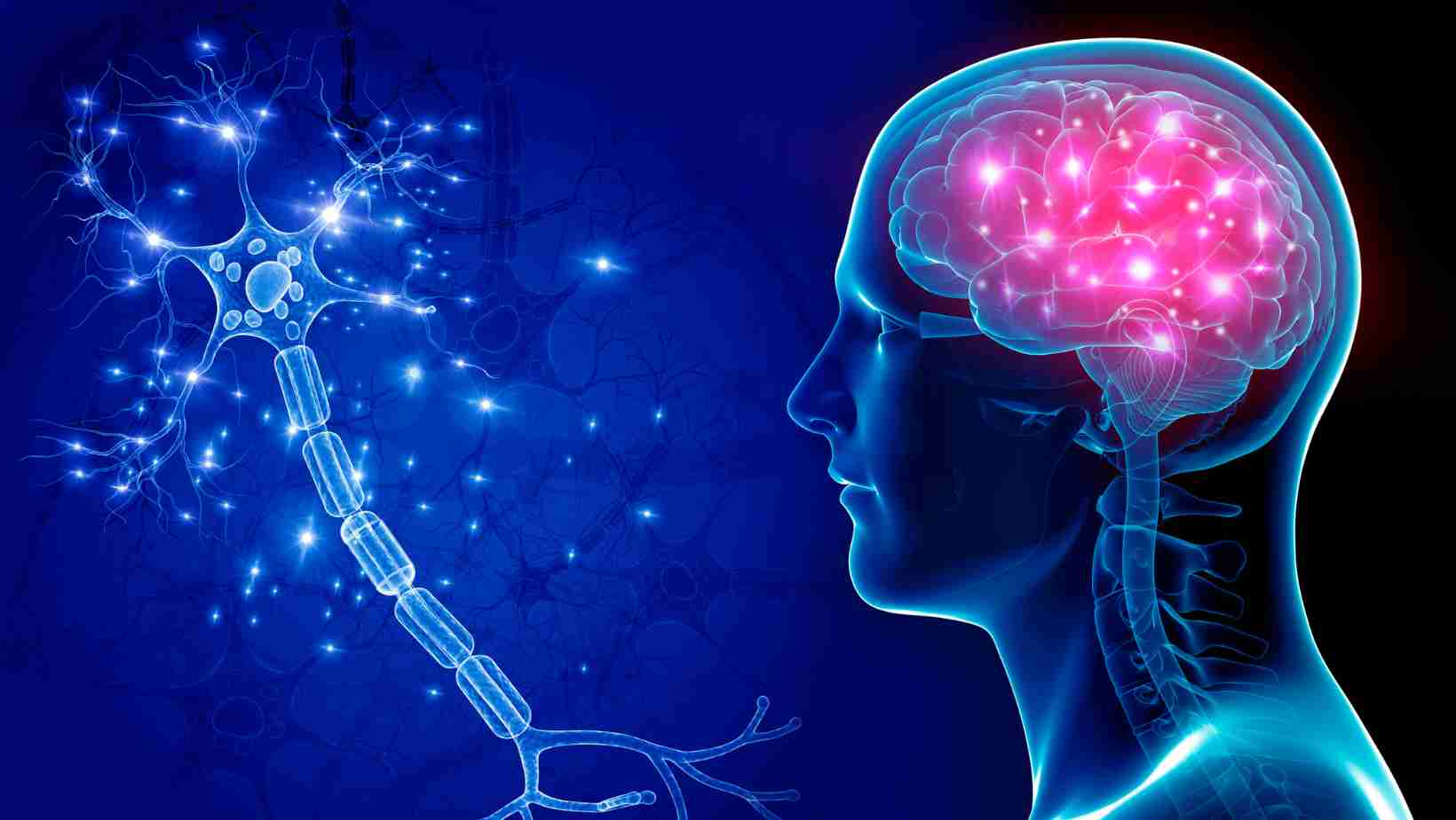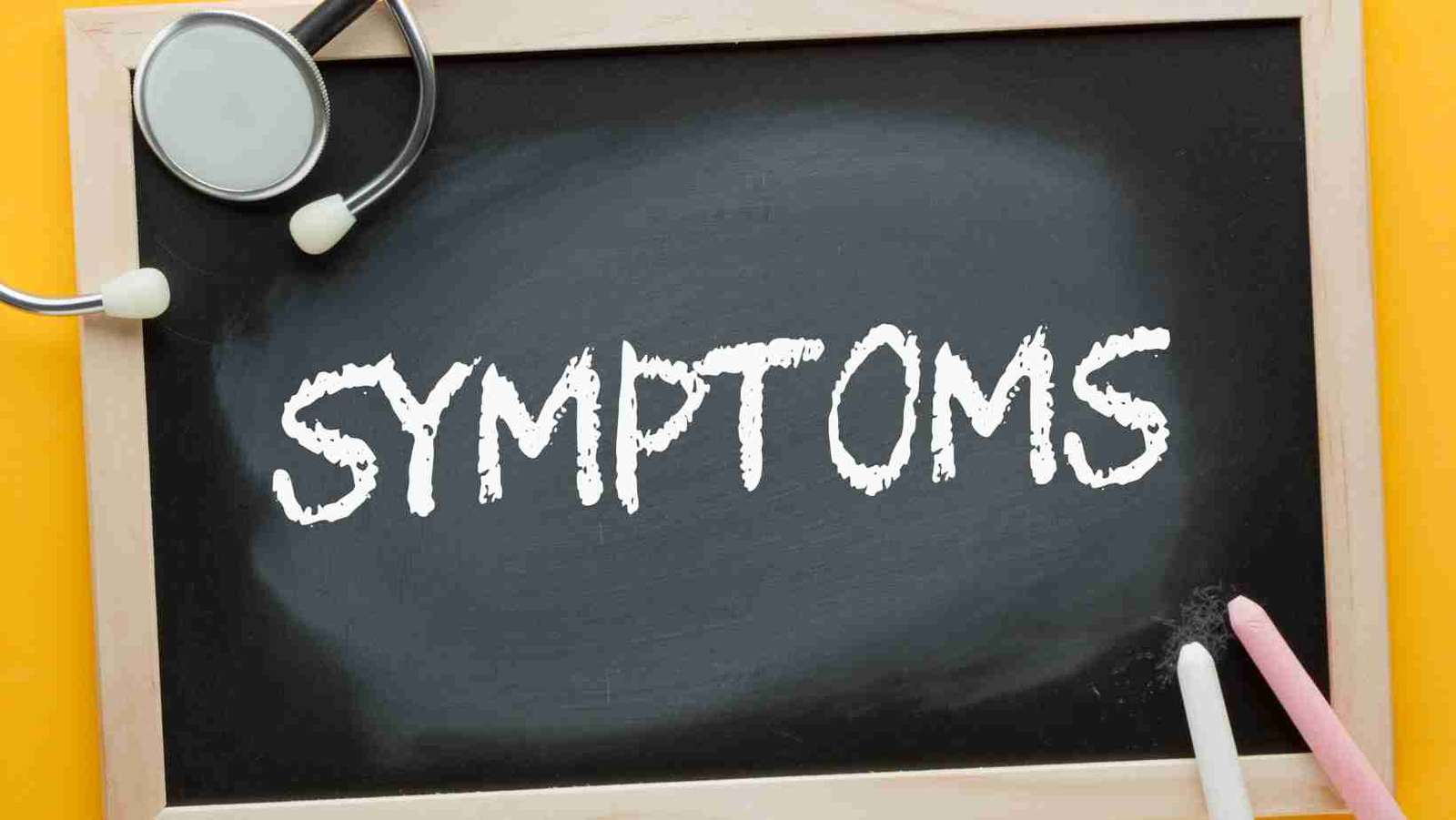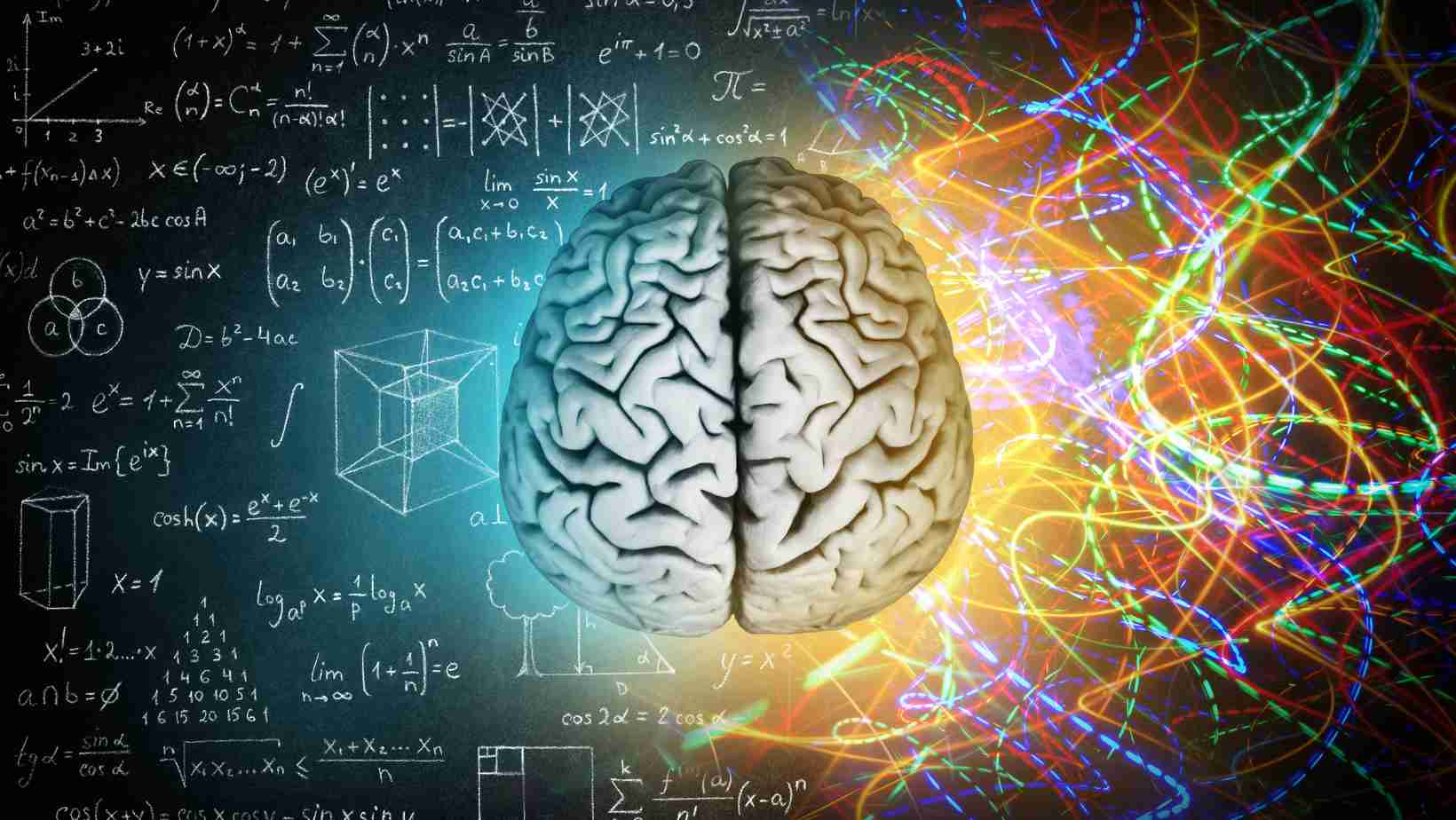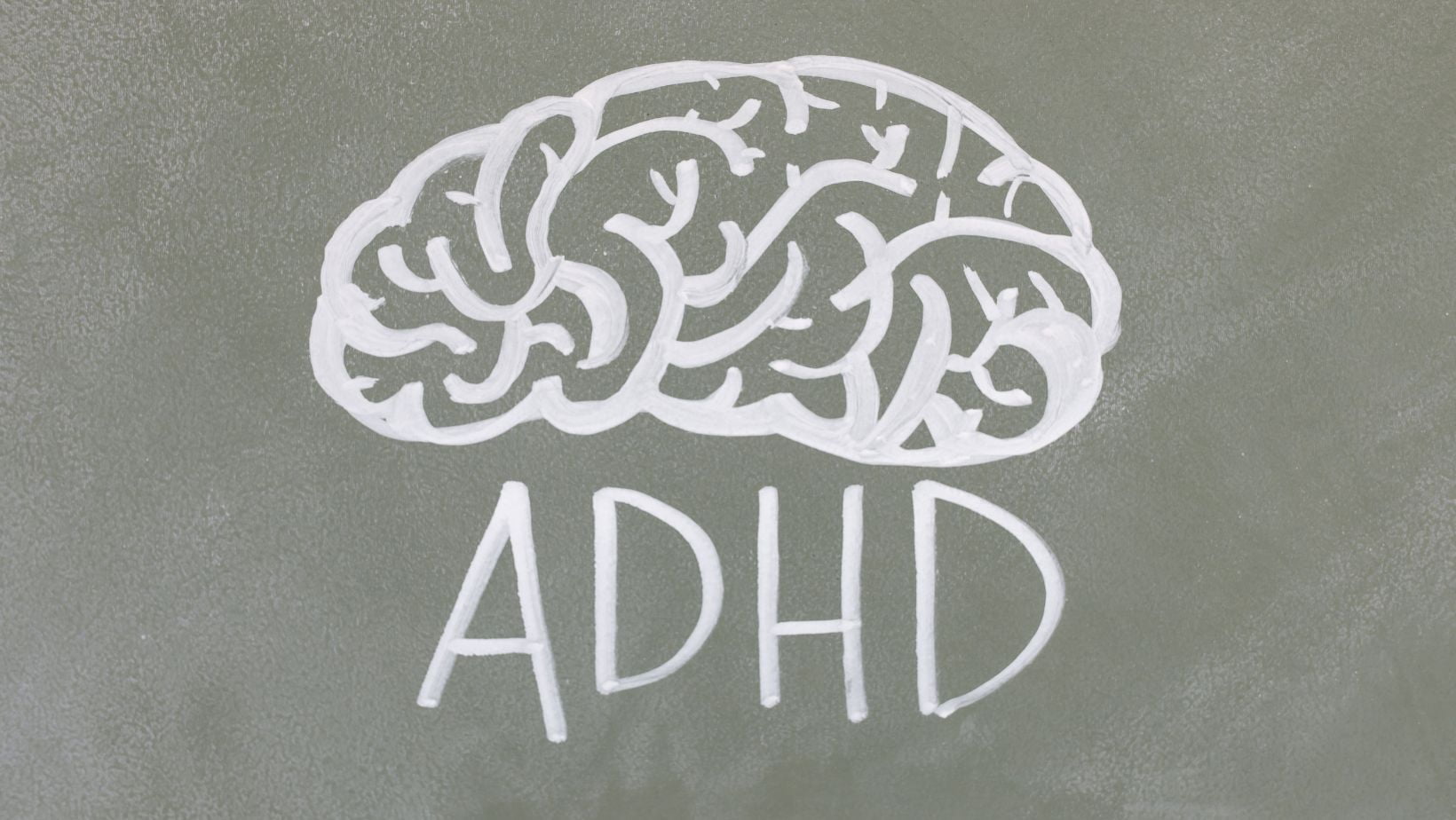
Dr Chandril Chugh
MBBS ( Delhi), MD, DM(ABPN), Neurosurgenology, FAHA, FACP, FINR, FNCC
Consult the Top Pediatric Neurologist: Expert Care for Your Child's Health.
What is ADD/ADHD?
Persistent obsessive-compulsive disorder and dysfunctional attention are characteristic of attention deficit hyperactivity disorder (ADHD). People with ADHD often exhibit the following symptoms:
Problems with organisation and concentration characterise inattention and staying on task, which are not associated with disobedience or misunderstanding.
Symptoms of hyperactivity include excessive fidgeting, talking, or even wandering around inappropriately. Excessive adult activity can take the form of excessive talking or violent aggression.
The emotional person acts thoughtlessly or hastily. Another aspect of rushing is the inability to delay gratification or the need to win quickly.
A hasty person can hurt others or make difficult choices without considering the long-term effects.


Symptoms
The main symptoms of ADHD are hyperactivity, impulsivity, and a lack of concentration. Symptoms of ADHD begin before the age of twelve and, in some children, appear as early as age three. Mild, moderate, or severe symptoms of ADHD can persist into adulthood.
Men are more likely than women to have ADHD, and boys and girls may behave differently. For example, boys need to have more energy, and girls enjoy peaceful indifference.
There are three types of ADHD
- Basically, he doesn’t listen. Most symptoms fall into the careless category.
- Brilliant and hyperactive most of the time. Most symptoms are acute and overwhelming.
- A young person with ADHD
- Often daydream
- Lose or forget stuff a lot.
- Fidget or squirm
- Excessively talk,
- Make stupid errors.
- Take unwarranted risks.
- Have issues sharing the spotlight.
Types
There are three ways that ADHD can manifest, depending on which symptoms are most prominent in the individual.
Specifically, inattentive expressions: The person has difficulty planning or completing a task, paying attention to details, or following instructions or conversations. The person easily withdraws from or ignores the minutiae of daily activities.
Primarily hyperactive-impulsive description: The person is agitated and talks a lot. Being inactive for long periods, whether eating or finishing homework, is a challenge. Younger children are always running, jumping, or climbing. The person becomes uncomfortable and struggles to control their emotions. Extremists speak abruptly, take things away from others, or often interrupt others.
Individuals may find it difficult to follow instructions or to bide their time. Acceleration increases the chances of accidents and injuries for some people.
Synopsis: The person exhibits equal amounts of the two symptoms above.
It can change its appearance over time because only the symptoms can.
Causes
Researchers are examining the causes of ADHD in an effort to improve treatment and reduce the chances of developing ADHD. Current research suggests that genetics play a large role in ADHD, although the causes and risk factors for Recent research into the genetic causes of ADHD 1. Such characters Investigation of other potential causes and genetic risk factors, e.g.
- Brain damage
- Exposure to lead and other environmental compounds during pregnancy or childhood
- Smoking and alcohol use during pregnancy
- Premature birth
- A little birth weight
The widely held belief that social and environmental variables, including parenting, excessive television viewing, excessive sugar consumption, or family dysfunction or poverty, have not been supported by research In fact, many factors, including these, can exacerbate symptoms, especially in some individuals. However, the data are insufficient to conclude that they are the primary cause of ADHD.


Risk elements
ADHD risk factors could include:
Blood relatives that have ADHD or another mental health condition, which is primarily present in older buildings’ paint and pipes
pregnant women who do drugs, drink alcohol, or smoke
birth prematurely
Although sugar is frequently blamed for creating hyperactivity, there is no solid evidence to support this. A variety of childhood difficulties can cause an inability to maintain attention, but this is not the same as ADHD.
Complication
Struggles frequently in class, which could lead to academic failure and judgement from other children and adults.
Children with ADHD tend to experience more mishaps and injuries of all kinds than children without ADHD.
Frequently experience low self-esteem.
are more likely to struggle with social interaction and adult and peer acceptance.
They are more likely to engage in alcohol misuse as well as other delinquent activities.
Prevention
To reduce the chances of your child developing ADHD:
During pregnancy, avoid anything that can interfere with the baby’s development. For example, don’t smoke, use recreational drugs, or drink alcohol.
Stay away from toxins and pollutants from lead paint and cigarette smoke.
Reduce screen time. Although not yet proven, it may be advisable for children to limit the amount of time they spend watching TV and playing video games for the first five years of life.


Treatment
Although there is no known cure for ADHD, existing medications can reduce symptoms and improve functioning. Medication, psychotherapy, education or training, or a mixture of therapies are all examples of treatment.
Medication
Many people find that taking ADHD medication improves concentration, performance, and learning and reduces hyperactivity and impulsivity. You may have to try a few different methods before you find the right dosage or prescription for a patient. The prescribing physician must closely monitor a consumer.
Motivational factors: ” The most popular medications for treating ADHD are called “stimulants.” However, it may seem strange to use a stimulant to treat ADHD. Still, the medication really works by raising the levels of dopamine and norepinephrine, two neurotransmitters necessary for clearer thinking.
Non-motivational factors. Some other treatments for ADHD do not involve the use of stimulants. These medications take longer to start working but can help people with ADHD focus, concentrate, and speed up. Physicians may prescribe non-stimulants when a patient experiences painful stimulants, when stimulants prove ineffective, or in combination with stimulants to maximise efficacy.
A form of psychotherapy called behavioural therapy works to improve a person’s behaviour. It could entail providing practical aid, such as assistance with task organisation, doing schoolwork, or dealing with emotionally trying situations.
Cognitive Behavioural Therapy: To improve mood and concentration, it teaches patients how to recognise and acknowledge their thoughts and feelings. Additionally, the therapist encourages the client with ADHD to adapt to the medication-induced lifestyle changes, such as stopping thinking before acting or eating. The test of independence will take unnecessary risks.
Family and marital therapy can assist in managing disruptive behaviours, improve relationships with the ADHD patient, and encourage behaviour adjustments in family members and spouses.
Parents are taught how to encourage and recognise their children’s positive behaviour through parenting skills training, commonly referred to as behavioural parent management training. Parents are instructed to employ a system of incentives and penalties to influence their children’s behaviour, to provide prompt praise for desired behaviours, and to ignore or refocus desired behaviours.
How to get ready for your child's appointment:
List any signs and challenges your child is experiencing at home or school.
Prepare important personal details, such as any significant concerns or recent life changes.
Make a note of every drug your child is taking, including dosage information for vitamins, herbs, and other dietary supplements.
Bring any previous evaluations, formal exam scores, and transcripts from your academic career.
Make a list of inquiries to make to your child’s physician


When to see doctor for ADHD (attention-deficit/hyperactivity disorder)
Determining the appropriate time to consult a medical professional regarding Attention Deficit Hyperactivity Disorder (ADHD) necessitates careful consideration. It is advisable to seek medical attention if an individual consistently exhibits symptoms such as difficulty sustaining attention, impulsivity, or hyperactivity, which significantly impair their daily functioning and persist for an extended period. Additionally, if these symptoms interfere with academic or occupational performance, negatively impact relationships, or cause distress, it is prudent to consult a doctor. A comprehensive evaluation by a qualified healthcare provider is crucial to accurately diagnose ADHD and develop an appropriate treatment plan tailored to the individual’s specific needs.
